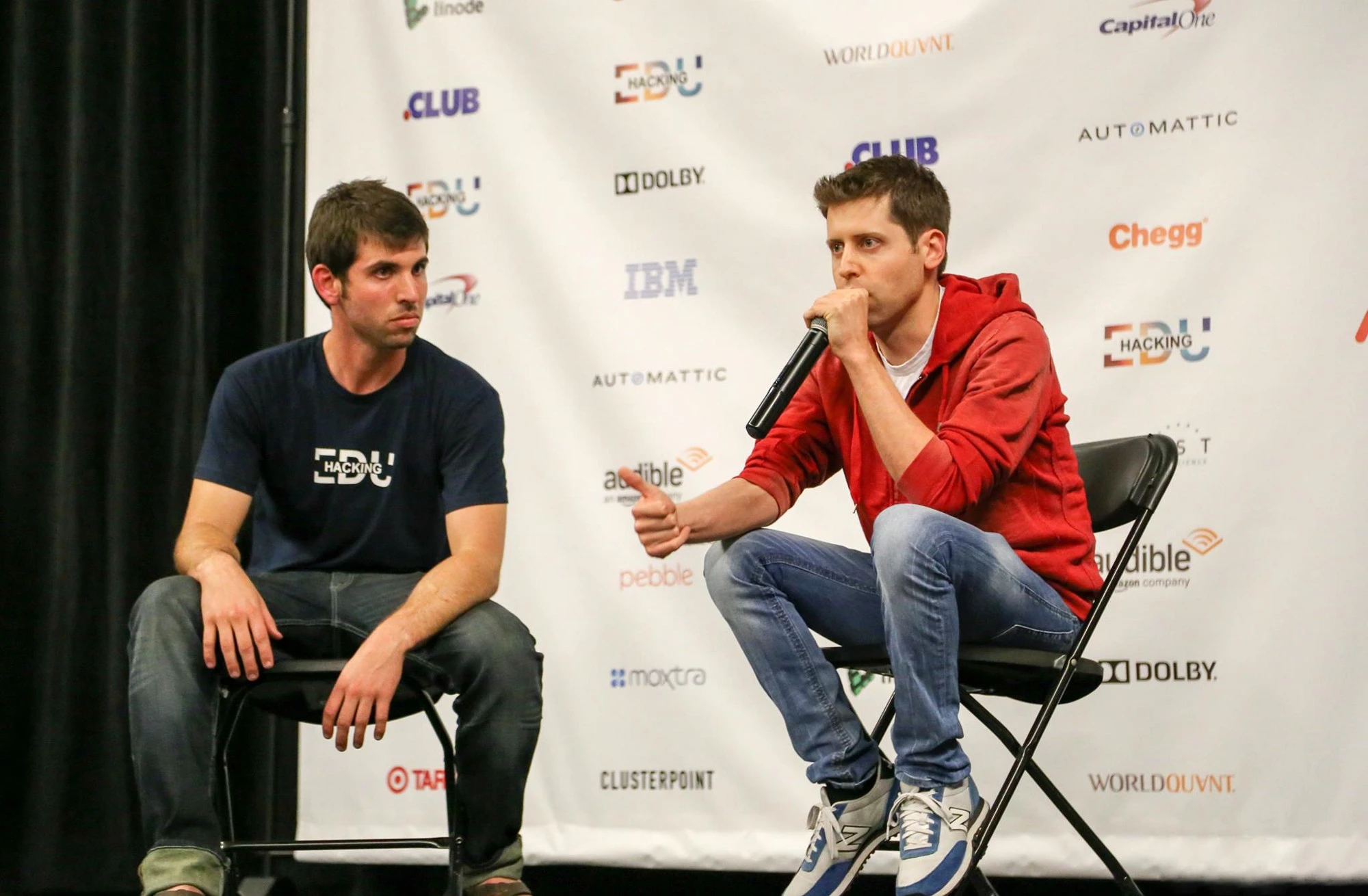OpenAI’s recent release of Sora, a text-to-video AI model, has sparked legal concerns regarding its training data, particularly the potential inclusion of copyrighted game content without explicit authorization. Legal experts warn that such practices could lead to significant intellectual property (IP) disputes.
Key Points at a Glance:
- Uncertain Training Data Sources: OpenAI has not disclosed specific datasets used to train Sora, raising questions about potential inclusion of copyrighted material.
- Potential Copyright Infringement: Utilizing protected game content without permission may violate IP rights, leading to legal challenges.
- Industry Concerns: Game developers and content creators express apprehension over unauthorized use of their work in AI training datasets.
- Call for Transparency: Experts advocate for clear disclosure of training data sources to address legal and ethical issues.
Ambiguity Surrounding Sora’s Training Data
Since its launch, Sora has demonstrated the ability to generate videos resembling popular game titles, such as “Super Mario Bros.” and “Call of Duty.” This capability suggests that its training data may include content from these games. However, OpenAI has not specified whether it obtained licenses for such material, leading to speculation about potential copyright infringements.
In a recent interview, OpenAI’s Chief Technology Officer, Mira Murati, stated that Sora was trained on “publicly available and licensed data” but did not confirm the inclusion of specific platforms like YouTube or Twitch. This lack of clarity has intensified concerns among legal professionals and content creators.
Legal Implications of Using Unlicensed Content
Training AI models on copyrighted material without authorization can lead to legal repercussions. According to Dr. Dominic Lees, a media and film expert at the University of Reading, “Sora can mix and match elements from many different sources to come up with new video scenes. But if those sources never agreed for their work to be used this way, any new videos created by Sora could get tangled up in legal issues around copyright.”
The European Union’s AI Act mandates that AI firms disclose the data used for training their models, aiming to address copyright concerns. Non-compliance could result in substantial fines and legal actions, emphasizing the importance of transparency in AI development.
Industry Response and the Need for Transparency
The gaming industry has expressed unease over the potential unauthorized use of its content in AI training datasets. Game developers invest significant resources in creating unique content, and unpermitted use by AI models like Sora could undermine their intellectual property rights.
Legal experts advocate for AI developers to disclose their training data sources and obtain necessary licenses to mitigate legal risks. Such transparency is crucial in fostering trust and ensuring ethical AI development.
As AI-generated content becomes more prevalent, the balance between innovation and intellectual property rights remains a critical issue. OpenAI’s approach to addressing these concerns with Sora will likely set a precedent for the broader AI industry.
